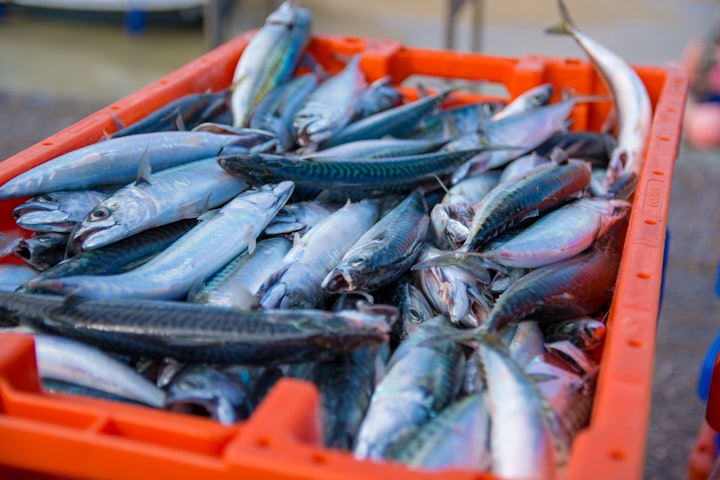BASIC TIPS ON HOW TO START FISH FARMING
Business: Fisheries Productions

Introduction:
Fish farming, also known as aquaculture, is the practice of cultivating fish for commercial purposes. It offers a rewarding opportunity to produce high-quality fish while contributing to the global demand for seafood. If you're interested in starting your own fish farm, here are some basic tips to help you get started.
1. Research and Planning:
Before venturing into fish farming, conduct thorough research to understand the various aspects of the industry. Familiarize yourself with different fish species, market demand, regulations, and potential challenges. Develop a comprehensive business plan that outlines your goals, financial projections, and operational strategies.
2. Selecting the Right Fish Species:
Choose fish species that are suitable for your region and have a high market demand. Consider factors like climate conditions, water availability, and market preferences. Common fish species for farming include tilapia, catfish, trout, carp, and salmon.
3. Acquire Adequate Land or Facilities:
Identify and secure the appropriate land or facilities for your fish farm. You can opt for outdoor ponds, indoor tanks, or even a combination of both, depending on your budget, available space, and the type of fish you plan to farm. Ensure the site has a reliable source of clean water and is easily accessible.
4. Set Up the Required Infrastructure:
Install necessary infrastructure such as ponds, tanks, filters, and aeration systems. Adequate water supply, proper drainage, and efficient waste management systems are essential. Consider factors like water quality, temperature control, and sufficient space for the fish to grow and thrive.
5. Arrange for Quality Fingerlings:
Obtain high-quality fingerlings (young fish) from reliable hatcheries or suppliers. Ensure that the fingerlings are healthy, disease-free, and well-suited to your farming conditions. Proper handling and transportation of fingerlings are crucial to minimize stress and mortality rates.
6. Provide Optimal Nutrition:
Maintaining a balanced and nutritious diet is vital for the growth and health of your fish. Consult with aquaculture experts or nutritionists to determine the appropriate feed for your chosen fish species. You can use commercial fish feed or formulate your own feed, depending on your resources and requirements.
7. Monitor Water Quality:
Regularly monitor the water quality parameters such as temperature, dissolved oxygen levels, pH, and ammonia content. Invest in suitable testing equipment and maintain proper water filtration and aeration systems to ensure a healthy environment for the fish. Make necessary adjustments as per the recommendations to prevent disease outbreaks and maximize fish growth.
8. Disease Prevention and Management:
Implement effective disease prevention measures to safeguard your fish from common diseases. Follow proper biosecurity protocols, quarantine new fish introductions, and maintain good hygiene practices. Stay updated on the latest research and consult with local fish health professionals to promptly address any disease outbreaks.
9. Harvesting and Marketing:
Once your fish reach the desired size and weight, plan for their harvest. Choose appropriate harvesting methods and ensure minimal stress to the fish during this process. Develop marketing strategies to sell your fish, such as establishing partnerships with local restaurants, markets, or direct-to-consumer sales.
10. Continuous Learning and Adaptation:
Fish farming is a dynamic field, and it is important to stay updated with the latest advancements, regulations, and market trends. Attend workshops, seminars, and industry conferences to enhance your knowledge and network with other fish farmers. Be open to adapting your practices based on new information and changing circumstances.
Conclusion:
Starting a fish farm requires c a reful planning, knowledge, and dedication. By following these basic tips, you can lay a solid foundation for your fish farming venture. Remember to continuously learn, adapt, and seek professional advice to maximize your chances of success in this rewarding industry.





Comments
There are no comments for this story
Be the first to respond and start the conversation.